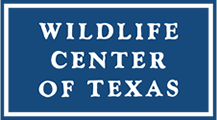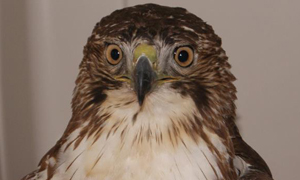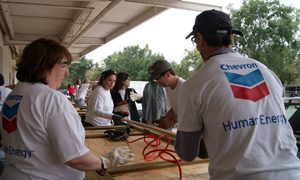Gunshot Victims Arriving To WCT
In the last two months, The Wildlife Center of Texas has seen an increase in the number of gunshot victims arriving for rescue and rehabilitation. In fact, approximately 1/3 of the hawks who are coming into the center are suffering from trauma related to gunshot wounds. The animals are being found in both suburban and rural areas of our region. All native Texas wildlife are protected by law and harming them is a crime. Currently, The Wildlife Center of Texas is caring for five Red-tailed Hawks suffering from gunshot wounds. The most recent victim was shot in both his leg and wing. Presently, he is receiving veterinary and rehabilitative care to heal his painful and life-threatening injuries. The Center also has a Peregrine Falcon who suffered gunshots to both wings. The road to rehabilitation and ultimately release back into the wild can be long and involves radiographs, surgery, pain management, and antibiotic and hydration therapy. If the animals cannot be released because of the severity of their injuries, The Wildlife Center of Texas works with reputable sanctuaries and zoos for placement where they can live out their lives in a protected environment. In the case of the Peregrine Falcon, she became an Education Ambassador for The Wildlife Center of Texas because her injuries were so severe she would not survive in the wild. The Wildlife Center of Texas says that it is critical to get help as soon as possible if you find a wild animal that has been injured or orphaned. They are open 7 days a week, from 9 a.m. to 4 p.m., and are located at 7007 Katy Road, Houston, TX 77024. After hours, they ask that you place the animal in [...]










